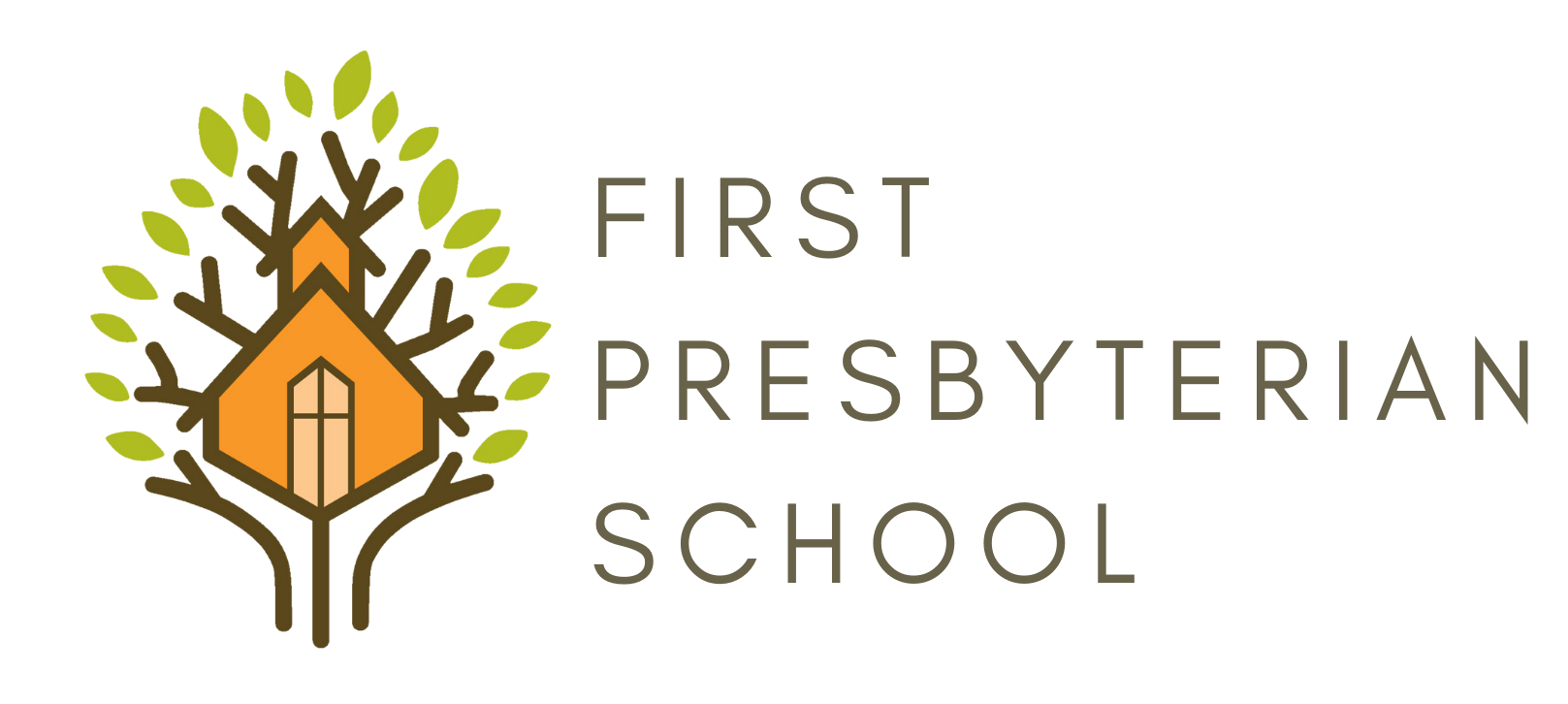As parents, we always want what is best for our children. Our approach to supporting parents is based on the belief that parents are the true experts on their children, and that there is no “one-size-fits-all” approach to raising children. The Reggio Emilia approach to early childhood is built on the assertion that every child is capable and can be empowered to make his or her own choices. Here are some key ways you can help create a successful education foundation for your child.
Let Your Child Create His or Her Own Learning
Children are capable of constructing their own learning. They are driven by their own interests to learn, understand, and know more. By giving your child the space to explore and create their own learning experiences, you are providing a solid base for curiosity and learning. Pay attention when you see your child discover something new – say, for example, they observe how the sun reflects onto a wall from a chandelier. Discovering light and the prism effect is often one of the first natural phenomena that captures the interest of a young child. Capitalize on their captivation to explore and play with a concept, such as light and color.
Be Your Child’s Mentor & Guide
Our role as adults is to observe our children, listen to their questions and their stories, find what interests them, and then provide them with opportunities to explore these interests further. We want to enable them to discover and learn, rather than just providing them with the answers or knowledge. This will help foster a curious mind. For example, if your child discovers the prism effect or a light reflection, guide them to delve further offering other reflective materials like a glass filled with water, sparkly jewelry or a mirror and encourage experimentation and exploration. Learning at such a young age is grounded in real day-to-day experiences.
Communication is Key
Communication is an important process. It’s a way of discovering things, asking questions, and even using language as play through experimenting with sounds and rhythm and rhyme. Encourage your child to use language to investigate and explore, and to share their experiences with themselves, the world, and you.
Take the time to listen to your child with respect. Their questions and observations are an ongoing and ever-changing opportunity to learn and discover together. It’s a collaborative process, where you are searching and learning together, rather than the adult just providing the answers. You never know what you might learn from your child, or how your child’s reasoning and thought process might open doors to explore new concepts or materials.
Presenting your child with opportunities to communicate with their peers is also hugely important. Children learn a great deal in exchanges of ideas and negotiations with their peers.
Let them Express Themselves
At a young age, art is a major vehicle for expression. When possible, make available a variety of media and materials to allow children to translate knowledge, inspiration, and ideas. Provide ample time and open-ended opportunities for cognitive and symbolic expression. When children have full access to materials such as clay, glue, scissors, paint and more, they can realize their abilities and capabilities.
Beyond artistic expression, there are endless ways for your child to express him or herself, and children use many different ways to show their understanding and express their thoughts and creativity. Let your child use all of his or her senses and all of his or her languages to think, discover, and learn about the world.
When evaluating your child’s progress, it’s important to remember that they are always learning and growing, and that each child is a capable learner at his or her own pace. If you have any questions about your child’s learning or development, talk to his or her teacher or pediatrician.

First Presbyterian Preschool
First Presbyterian Preschool
1340 Murchison Drive, El Paso, TX, USA
Church:
First Presbyterian Church is an outpost for spiritual wanderers, a safe place for skeptics, doubters and wonderers, a community of intellectuals and wisdom-seekers learning every day how to love God, each other, and the world we all share.